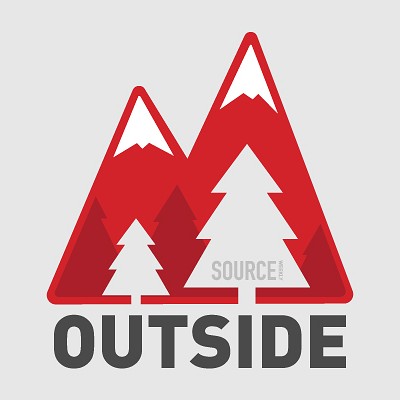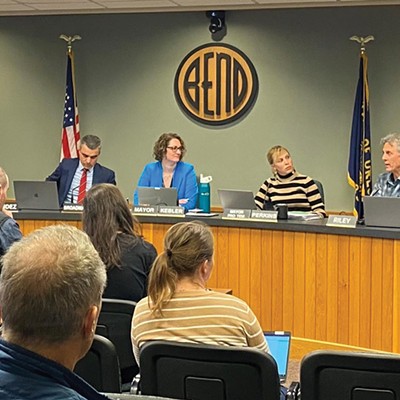Over the past year, Wal-Mart has been a microcosm of the debate about minimum wage. Well, as the country's largest private employer with some 1.2 million workers, not so much a microcosm, but a massive case-study. A year ago, the retail giant was busted for sending its managers talking points to refute the benefits of increasing the federal minimum wage, which stood at $7.25.
This February, though, the company took a voluntary step to increase its own standards to $9 an hour, nearly 20 percent higher than the federal minimum. And, by next February, those wages will reach at least $10 an hour, the level to which President Barack Obama has proposed increasing the federal minimum, but far less than the $15 an hour that national labor groups are pushing.
These voluntary changes by Wal-Mart in minimum wages set an important framework for the current Oregon legislative session. Typically, state minimum wages pave the way for higher federal wages, with West Coast states often setting the highest bar. State representative Rob Nosse has proposed a three-step increase from the current $9.25 to $15 by 2018. Over the first two years of implementation, House Bill 2009 would dramatically raise minimum wages by 40 percent, and ultimately push Oregon's minimum wage 60 percent higher than it is today. Oregon would be the first state to reach $15 an hour, although municipal employers such as the City of Portland have already set that standard for their full-time employees.
Rep. Nosse represents the inner-East Side of Portland, and the bill is also supported by Rep. Jessica Vega Pederson, who represents East Portland, which has working class socio-economic demographics not unlike Redmond or La Pine.
As HB 2009 moves into the thick of the legislative session, both sides are ladling on rhetoric—higher wages will raise thousands of families out of poverty on one side; inflation will boom on the flip side. But raising the minimum wage is far from an easy equation.
Yes, the most common sense argument is that paying higher wages will help those individuals and families struggling to pay for basic needs. Currently, an Oregon worker earning minimum wage takes home about $20,000 a year—hardly sufficient for housing, food, and child care. And, this is not an insignificant population: About 15 percent of all Central Oregon non-farm payroll jobs pay less than $10 an hour, and nearly half pay less than $15 an hour. Moreover, many of Oregon's most entrenched problems are tied to its socio-economic divides. In the Department of Education's recent survey of on-time high school graduation rates—which placed Oregon at the bottom—the single most accurate predictor for poor graduation rates is poverty.
However, there are also studies that indicate that higher minimum wages actually reduce job opportunities for working class men and women, as fewer employees are hired and sometimes the raises result in reduced hours. And, increased wages also likely means increased prices for many commodities and services, and also cuts into profits for business-owners—which, sure, for massive corporations like Wal-Mart and Starbucks means shuffling some numbers on the ledger, but for mom-and-pop shops may completely break them.
All told, it is not a simple binary debate and it is too simplistic for the Source to take an editorial stance for or against raising the minimum wage to $15 an hour. That said, it is perhaps the most critical discussion in the current legislative session, and we are encouraged that the Oregon Legislature has chosen to take the national lead in its consideration. We hope that it is a smart and robust debate, and one that shies away from rhetoric, but looks to real data and economic analysis for its answers.
On March 10, the Central Oregon Social Justice Center is organizing a grassroots lobbying day, and conversations with elected officials on wages. To join the trek over to Salem, contact Bruce Morris, coscjenter@gmail.

























